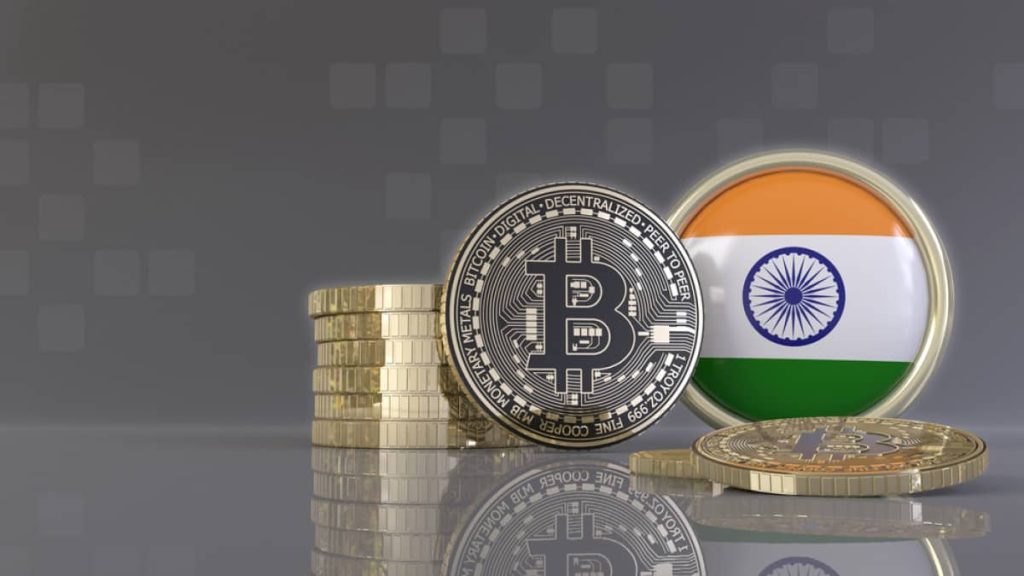AUTHOR : ANGEL ROY
Introduction
In recent years, India has witnessed a remarkable transformation in its financial landscape[1], largely driven by advancements in technology[2] and the growing acceptance of digital currencies. As a result, digital currency service providers have emerged as key players in this evolving market. This article delves into the various facets of digital currency[3] services in India, highlighting their significance, benefits, and future potential.
Understanding Digital Currencies
What Are Digital Currencies?
Digital currencies are virtual currencies[4] that exist only in electronic form and are not tied to any physical asset like gold or cash. They are decentralized and often built on blockchain technology, which enhances security and transparency. Bitcoin, Ethereum, and Ripple are some of the most well-known digital currencies.
The Importance of Digital Currency
Digital currencies offer a myriad of benefits, including:
- Fast Transactions: Digital currencies facilitate instant transactions across borders, eliminating delays associated with traditional banking[5].
- Lower Fees: Transaction costs are significantly reduced, making it more affordable for users.
- Accessibility: Digital currencies provide financial services to the unbanked population, promoting financial inclusion.
Digital Currency Service Providers in India

What Are Digital Currency Service Providers?
Digital currency service providers are platforms or companies that facilitate the buying, selling, and trading of digital currencies. They offer various services such as wallet management, trading, and investment advice.
Key Players in the Indian Market
- Wazir X
- Founded in 2018, Wazir X has quickly become one of India’s leading cryptocurrency[1] exchanges. It offers a user-friendly interface and a wide range of cryptocurrencies for trading.
- Coin DCX
- Coin DCX is another prominent exchange, known for its robust security measures and diverse trading options. It also offers lending services for digital assets.
- Uno coin
- Focused primarily on Bitcoin, Uno coin provides services like Bitcoin savings accounts and systematic investment plans (SIPs) in Bitcoin.
- Zeb Pay
- One of the oldest cryptocurrency exchanges in India, Zeb Pay offers a secure platform for trading various cryptocurrencies.
The Process of Using Digital Currency Services

Step 1: Choosing a Provider
The first step in engaging with digital currency services[2] is selecting a reliable service provider. Factors to consider include security features, transaction fees, and available cryptocurrencies.
Step 2: Creating an Account
Once a provider is chosen, users must create an account. This typically involves providing personal information and verifying identity through KYC (Know Your Customer) processes.
Step 3: Funding the Account
Users can fund their accounts through various methods, including bank transfers, UPI, and debit or credit cards. Once the account is funded, users can start buying or trading digital currencies.
Step 4: Trading and Storing Digital Currencies
After purchasing digital currencies, users can either trade them for profit or store them in digital wallets[3]. Service providers often offer built-in wallets for ease of use.
Advantages of Using Digital Currency Services
Security and Transparency
Digital currency transactions are secured through cryptographic techniques. Moreover, blockchain technology guarantees that every transaction remains transparent and unchangeable.
24/7 Accessibility
Unlike traditional banks, digital currency services operate 24/7, allowing users to conduct transactions at any time.
Global Reach
Digital currencies transcend geographical barriers, enabling users to transact with anyone across the globe without the hassle of currency exchange.
Challenges Facing Digital Currency Service Providers in India
Regulatory Uncertainty
The regulatory framework for digital currencies in India remains ambiguous with ongoing discussions about taxation and legal status. This ambiguity may discourage prospective users and investors from engaging in the market.
Security Threats
Despite robust security measures, digital currency platforms are often targets for cyberattacks. Providers must continually enhance their security protocols[4] to protect users’ assets.
Lack of Awareness
Many potential users in India are still unaware of digital currencies and their benefits. Increasing awareness through education and outreach is essential for market growth.
The Future of Digital Currency Services in India

Growth Potential
As India moves towards a digital economy, the adoption of digital currencies is likely to increase. The rise of digital payment systems and growing internet penetration will contribute to this growth.
Innovations and Developments
Innovations such as decentralized finance[5] (DeFi) and non-fungible tokens (NFTs) are gaining traction in India, further expanding the scope of digital currency services.
Government Initiatives
The Indian government has shown interest in blockchain technology and digital currencies. Future regulations may provide a more stable environment for digital currency service providers.
Conclusion
Digital currency service providers in India are playing a pivotal role in shaping the future of finance. With growing acceptance and advancements in technology, the potential for digital currencies in India is vast. As users become more educated and informed, the adoption of these digital assets will likely continue to rise, paving the way for a more inclusive and efficient financial ecosystem.
FAQs
1. Are digital currencies legal in India?
Yes, digital currencies are legal in India, although the regulatory framework is still evolving. Users should stay informed about the latest regulations.
2. How can I buy digital currencies in India?
You can buy digital currencies through various exchanges and wallets by creating an account, completing KYC verification, and funding your account.
3. Is it safe to invest in digital currencies?
While digital currencies have inherent risks due to market volatility and potential security threats, using reputable service providers with strong security measures can mitigate these risks.
4. What are the tax implications for digital currency transactions in India?
As of now, profits from digital currency transactions are subject to capital gains tax. Consulting a tax professional for comprehensive advice is highly recommended.
5. Can I store digital currencies in a bank?
No, digital currencies are stored in digital wallets, not traditional bank accounts. You can choose between hot wallets (online) and cold wallets (offline) for storage.





